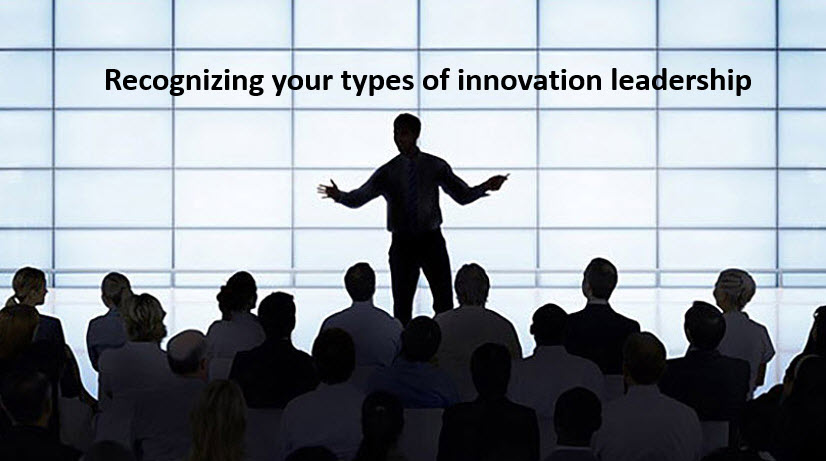
Often innovation succeeds or fails by the personal involvement and engagement of a ‘selected’ few. Recognizing the types of innovation leadership might help you manage the innovation work a little better.
So can you recognize the traits of your innovation leader?
Are they a front-end or back-end innovation leader? Here’s how you can begin to spot the difference.
Before we climb into this
I recall enjoying a book published a few years back, “Innovation Governance- how top management organizes and mobilizes for innovation”, written by Jean-Philippe Deschamps and Beebe Nelson. I can totally recommend it as it is so rich in thinking through much around innovation, placed within this governance framework. It lays out a clear improvement path for innovation to travel. I am drawing from this book on some thoughts about innovation leadership.
Continue reading “Do you recognize your innovators leaders position?”



